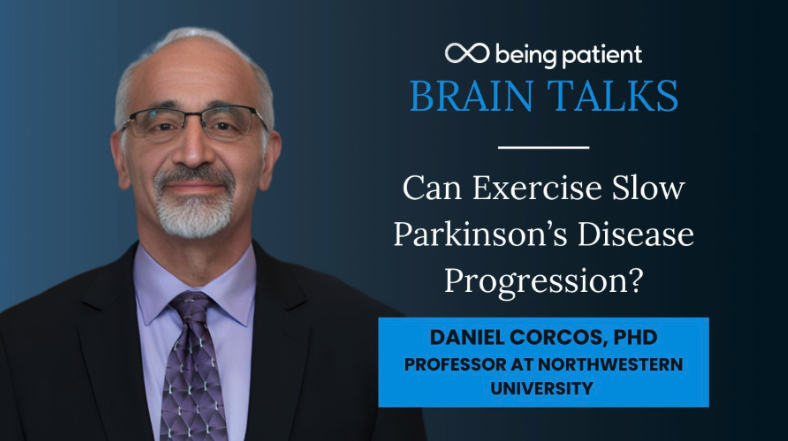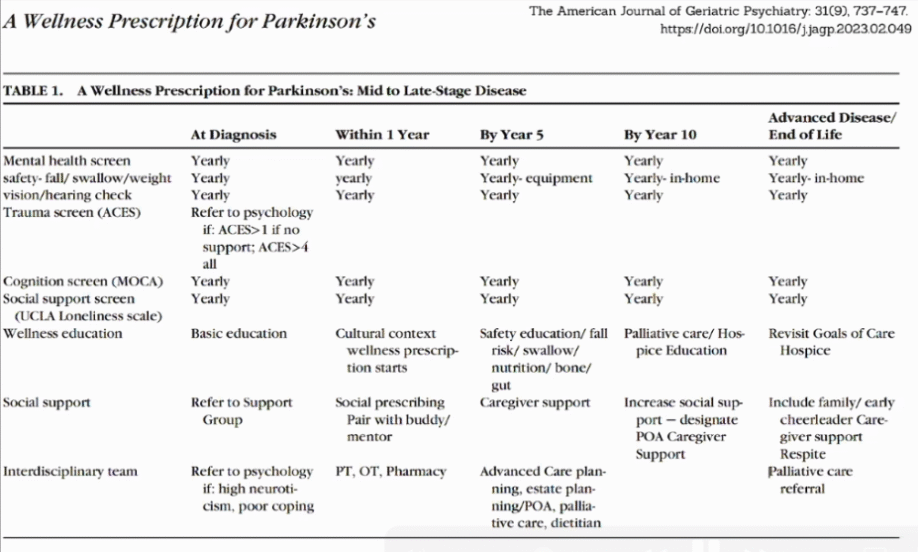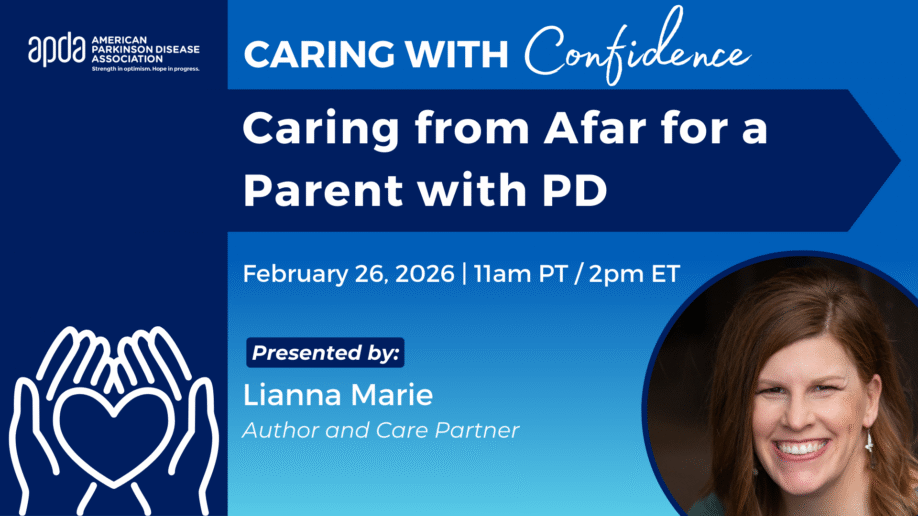By Elizabeth Wong, Stanford Parkinson’s Community Outreach

Exercise is not just beneficial for people with Parkinson’s disease—it’s essential medicine. In early February 2026, Dr. Daniel Corcos, a Northwestern University professor of physical therapy and human movement sciences, shared insights about exercise and Parkinson’s in an interview with Being Patient. His message: exercise provides both immediate day-to-day benefits (improved mood, concentration, symptom management) and long-term benefits (slowing disease progression), making it one of the most powerful tools available to people with Parkinson’s.
… Full Story>


